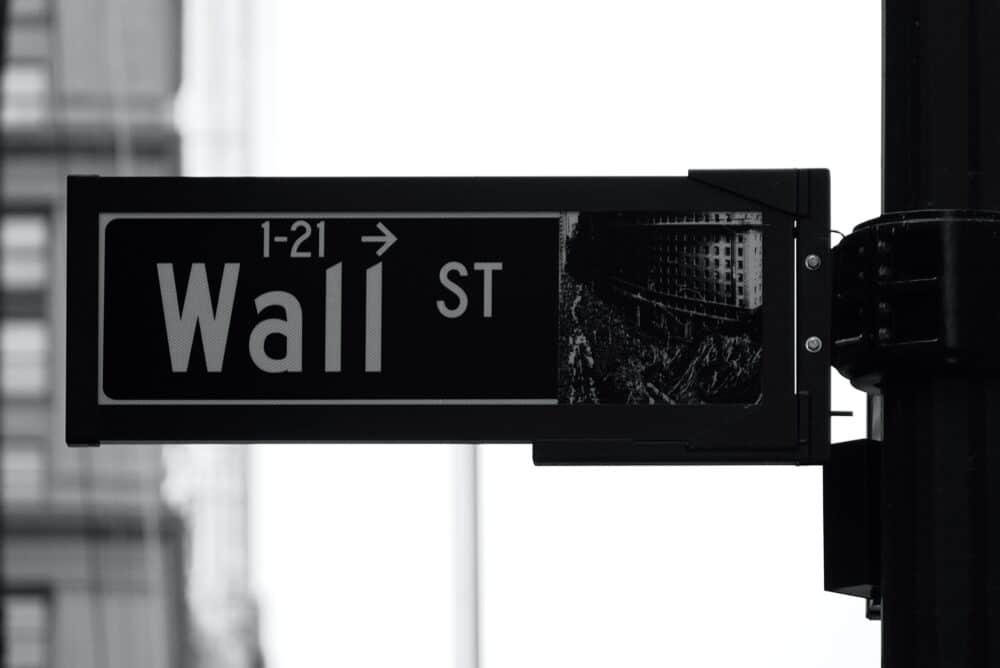
What is the best day of the month to buy stocks? This is an interesting question, and there actually have been some studies done on the subject. We will have a look at this and determine if you might benefit from investing at certain times. What it comes down to is the best day of the month to buy stocks is the first three days of the month and first two days of the following month
A Range, Not a Day
So, there really is no best day to buy stocks. Think of it as more of a range than a specific day. This concept was popularized in the 1970’s in a book called Stock Market Logic, by Norman Fosback. He referred to this favorable range as “seasonality” and defined it as the last two trading days and the first five trading days of the month.
This seasonality was observed in the 1970’s, but it wasn’t until the 1990’s that someone dove into why it was happening. The Journal of Finance published a scholarly paper by Professor Joseph P. Ogden of the State University of New York.
He stated the following percentages of payments of interest and dividends from stocks and bonds were paid out to investors on either the first or last business day of the month:
- 45% of all common stock dividends
- 65% of all preferred stock dividends
- 70% of interest and principal payments on corporate bonds
- 90% of interest and payments on municipal bonds.
He also noted that most contributions to retirement accounts occurred at month end. All these factors combined caused a regularity of payments that led to the “seasonality” phenomenon.
There is an argument that the favorable range has shifted slightly as investors became aware of it in the 1980’s and tried to exploit it. It has been stated that the seasonality period is now the last three days of the month and first two days of the following month.
How Can You Benefit from This?
If you contribute regularly to an employee sponsored retirement plan or a taxable investment account, then you might already be taking advantage of this optimal time to invest without even trying. I personally contribute to my taxable account on the first business day of every month, so I have been taking advantage of the “seasonality” for years now. Has there been an advantage to me doing so? I have no idea, but if I had to guess, the answer is probably not much. I am a buy and hold investor, buying and holding lets you collect dividends, and you get all the market gains a trader might miss. Common sense says that the more one dollar cost averages, and the longer of a time period that one does it, then things will start to average out.
You may see some benefit to employing this strategy if you are more of a trader than a long-term investor. The best day to buy stocks is Monday if you are curious. The best day to sell? That honor goes to Friday. Of course, those are just averages. A trader is going to buy and sell based on a whole host of factors. The day of the week may be irrelevant.
Takeaways
So, is truly a best day of the month to buy stock? Timing the market usually doesn’t work for the average investor. Trying to do so by buying stocks during a certain window of time probably won’t work for you. At least, you most likely won’t see any real advantage to doing so. I’d advise to plan to invest regularly and stick to it. Do your research and buy and sell based on a company’s overall health. Over time you will see positive results no matter which day you decide to invest on.
Read Also:
The Best Stock Investment Hacks for Beginners
What Are Stocks That Pay Monthly Dividends?
6 Reasons Why You Might Want to Consider Hiring a Portfolio Manager
Three Dividend Paying Stocks Under $5
Need A List of Dividend Paying Stocks, Sure Dividend has A Good List
Finally, for our UK readers, consider reading Financial Expert. It’s a nice little site that gives you a set of comprehensive information on personal finance

Based in the Pittsburgh, PA area, Brian holds full-time employment as a Warehouse Manager for an electronics firm. Brian enjoys wealth building, investing, gardening and the great outdoors. Brian holds a B.A. in Environmental Studies from the University of Pittsburgh and an MBA from Robert Morris University.









